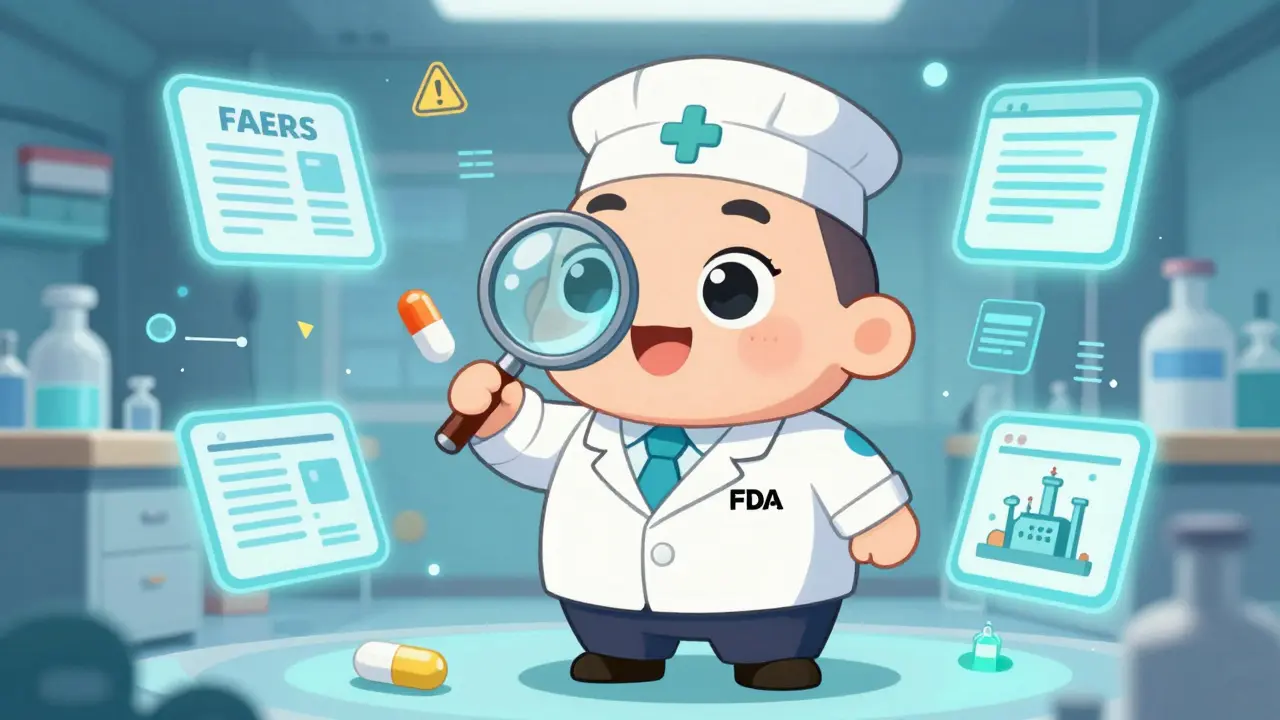Ciprofloxacin: What It Is and When It’s Used
Ciprofloxacin is a strong antibiotic that fights many kinds of bacteria. Doctors usually give it for infections of the urinary tract, lungs, skin and sometimes for food‑borne bugs. It belongs to a group called fluoroquinolones, which means it works by stopping bacteria from multiplying.
If you’ve been told to take ciprofloxacin, it’s because the infection is likely caused by bacteria that respond well to this drug. It’s not for viral infections like the common cold or flu, so using it when you don’t need it can make bacteria stronger.
How to Use Ciprofloxacin Correctly
Take ciprofloxacin exactly as your doctor or pharmacist says. The usual adult dose is one tablet or capsule every 12 hours, but the amount can change depending on the infection. Swallow the tablet with a full glass of water; don’t crush or chew it unless the label says it’s okay.
Try to take it at the same times each day. This helps keep the level of medicine steady in your blood and improves how well it works. If you miss a dose, take it as soon as you remember – unless it’s almost time for the next dose, then just skip the missed one. Never take a double dose to catch up.
Some foods and drinks can affect how well ciprofloxacin works. Avoid taking it with dairy products (milk, cheese, yogurt) or calcium‑rich meals within two hours of the dose because they can lower absorption. Also, stay away from antacids that contain aluminum, magnesium or iron for the same reason.
Common Side Effects and Safety Tips
Most people feel fine, but ciprofloxacin can cause stomach upset, nausea, diarrhea or a mild headache. If these symptoms are mild, they often go away on their own. Drink plenty of fluids and eat a light meal if you feel uneasy.
Serious side effects are rare but need attention right away. Watch for tendon pain or swelling (especially in the shoulder, knee or ankle), sudden vision changes, severe rash, or feeling faint. These could mean the drug is affecting your tendons or nerves, and you should stop taking it and call a doctor.
Because ciprofloxacin can make you more sensitive to sunlight, try to stay out of direct sun for a few days after finishing the course. If you need to be outside, wear a hat and use sunscreen.
Pregnant or breastfeeding women should only use ciprofloxacin if a doctor says the benefit outweighs the risk. It can also affect children’s growing bones, so it’s usually avoided in kids unless absolutely necessary.
When ordering ciprofloxacin from a UK online pharmacy, make sure the site is licensed and asks for a prescription. Buying from unverified sources can give you fake pills that don’t work and could be dangerous.
Finish the whole prescription even if you start feeling better. Stopping early can let some bacteria survive, which may cause the infection to come back and become harder to treat.
If you have any doubts about dosage, side effects, or interactions with other medicines you’re taking, talk to your pharmacist. They can help you stay safe and get the most out of your treatment.


